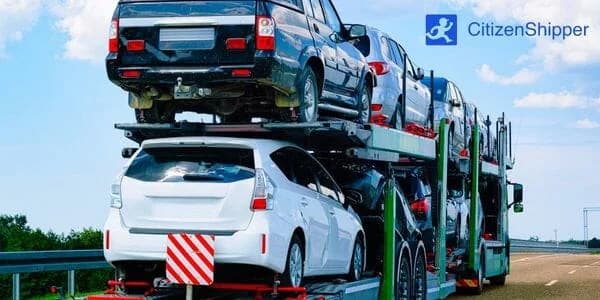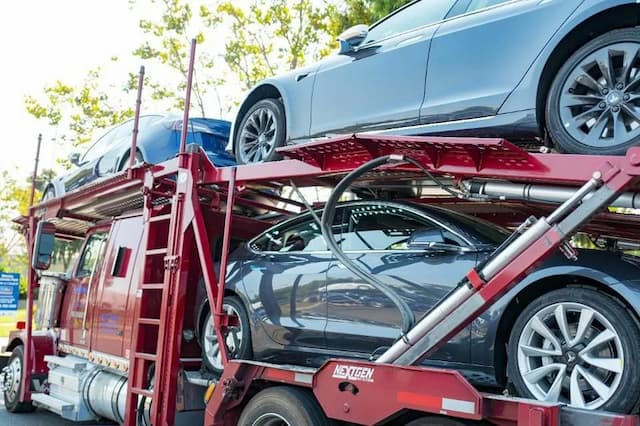Navigating Car Transport in Fort Myers, FL
When it comes to shipping your car in Florida, there's a world of factors to consider. Florida, with its unique coastal environment, hurricane seasons, and urban traffic challenges, presents a distinct set of circumstances. But don't worry! Here at CitizenShipper, we are committed to helping you navigate through it all. Whether you're moving into or out of Fort Myers or need to transport your car for any reason, our expert team is here to help.
Florida's Vehicle Transportation Laws & Regulations
In Florida, car transportation laws and regulations are in place to ensure the safety and preservation of all vehicles and public roadways. Auto transporters must adhere to the Federal Motor Carrier Safety Administration (FMCSA) regulations for safety. Compliance involves ensuring that all vehicles are properly secured during transport and maintaining necessary documents for every shipped vehicle.
All auto transporters operating in Florida must also possess an active MC Docket number, issued by the FMCSA. This number signifies that a transportation company is registered under the federal government, allowing them to legally operate across state lines. Additionally, Florida requires transporters to carry specific insurance minimums to protect vehicles being shipped within or through the state.
Weather & Terrain Considerations in Fort Myers, FL
Weather patterns in Fort Myers, FL have a significant impact on car shipping. With a tropical climate, residents experience hot, humid summers and short, mild winters. The rainy season typically runs from May through October, with potential for tropical storms and hurricanes, particularly from August to October. These severe weather events can lead to transportation delays and route changes.
Fort Myers' terrain is predominantly flat with numerous waterways, including the Caloosahatchee River that divides the city. While the flat landscape is generally favorable for car transport, the city's coastal location means car shipping services must account for bridge crossings and potential flooding in low-lying areas during heavy rains. Traffic congestion can also increase during winter months when seasonal residents arrive, affecting pickup and delivery timeframes.








